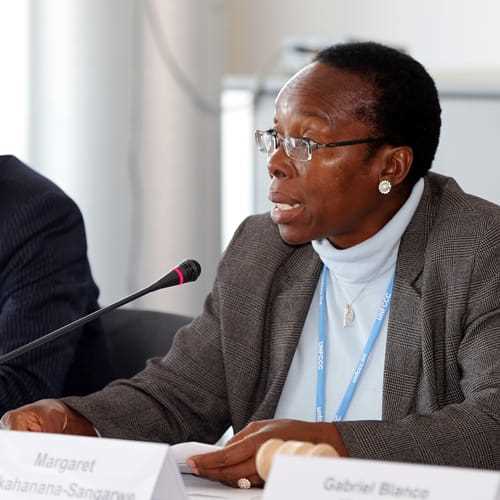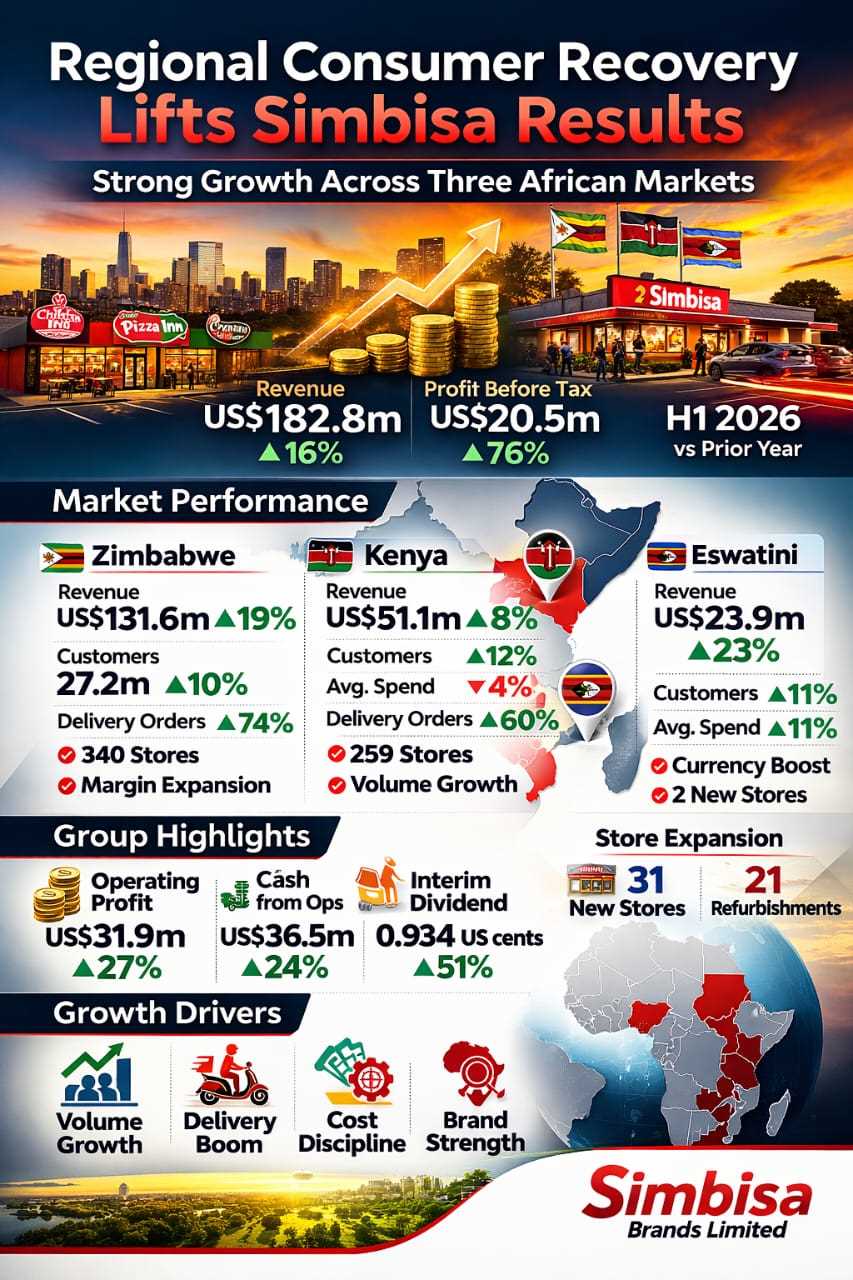
Philemon Jambaya
Zim Now Editor
In a move that could reshape its role in the global fight against climate change, Zimbabwe has introduced comprehensive new regulations governing its carbon market, while unveiling a blockchain-based national carbon registry designed to increase transparency and investor confidence.
The measures are part of Zimbabwe’s broader effort to comply with Article 6 of the Paris Agreement, which enables countries to trade emissions reductions as part of their national climate commitments. With the rollout, Zimbabwe joins a small but growing group of nations prepared to participate in the emerging international compliance carbon market.
“This is about unlocking additional value for Zimbabwean communities, and ensuring the country receives fair value for its environmental assets,” said Felix Mechnig-Giordano the coordinator of Zimbabwe’s Article 6 readiness process. “We are raising the bar social and environmental safeguarding while putting place the necessary systems to ensure integrity, transparency, accountability”.
Related Stories
The newly established national carbon registry, developed by A6 Labs in partnership with the Ministry of Environment, Climate and Wildlife, uses blockchain technology to track carbon credits from issuance to retirement. It also integrates artificial intelligence and geospatial monitoring tools, allowing for real-time project validation and emissions tracking. Government officials say the system is intended to reduce fraud, prevent double counting, and ensure that benefits from carbon trading are shared with local communities.
Under the new regulations, all carbon credit projects must be registered through the platform, and revenues from carbon trading are to be more equitably distributed among stakeholders, including rural and Indigenous communities where many projects are located. The government has framed the move as an effort to correct previous imbalances in the voluntary carbon market, where oversight was limited and local benefits often unclear.
Zimbabwe has increasingly attracted interest from carbon project developers due to its vast natural resources, including forests and wetlands with high carbon sequestration potential. By formalizing its market and aligning with international standards, the government hopes to draw greater levels of climate finance to support reforestation, renewable energy, and conservation projects.
The shift also signals Zimbabwe’s intent to compete in a global market expected to be worth tens of billions of dollars annually by the end of the decade. According to the World Bank, effective participation in Article 6 mechanisms could unlock significant funding for climate-related development in lower-income countries.
Experts say Zimbabwe’s approach could serve as a model for other African nations navigating the complex transition from voluntary to compliance carbon markets. However, they caution that the success of the new framework will depend on its implementation, enforcement, and the government’s ability to build capacity among local developers and regulators.
“This is a significant step in the right direction,” said one climate finance analyst based in Harare. “But the real test will be whether the system delivers measurable benefits—for the climate and for Zimbabwean communities.”




















Leave Comments